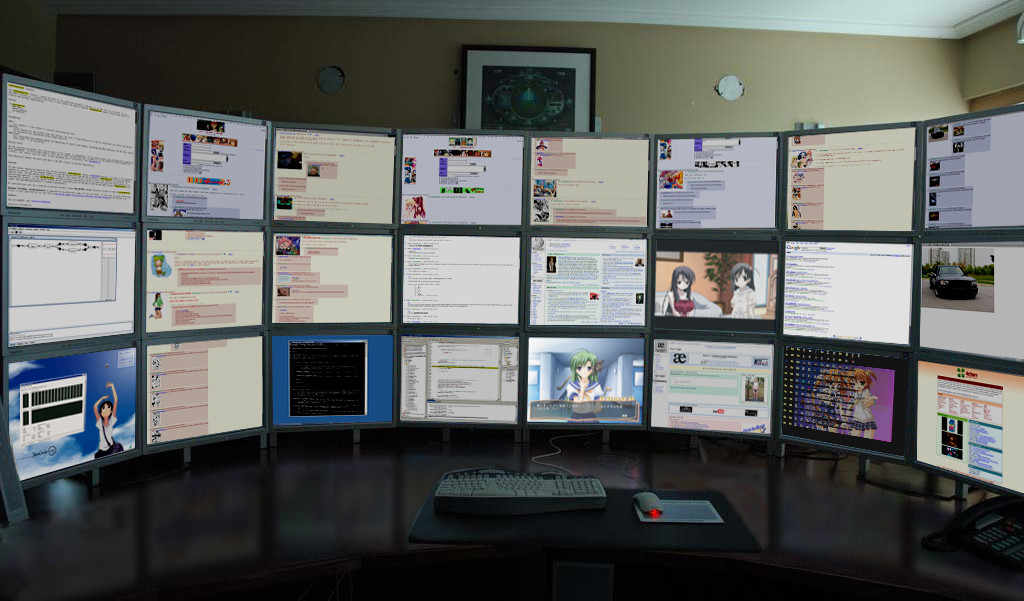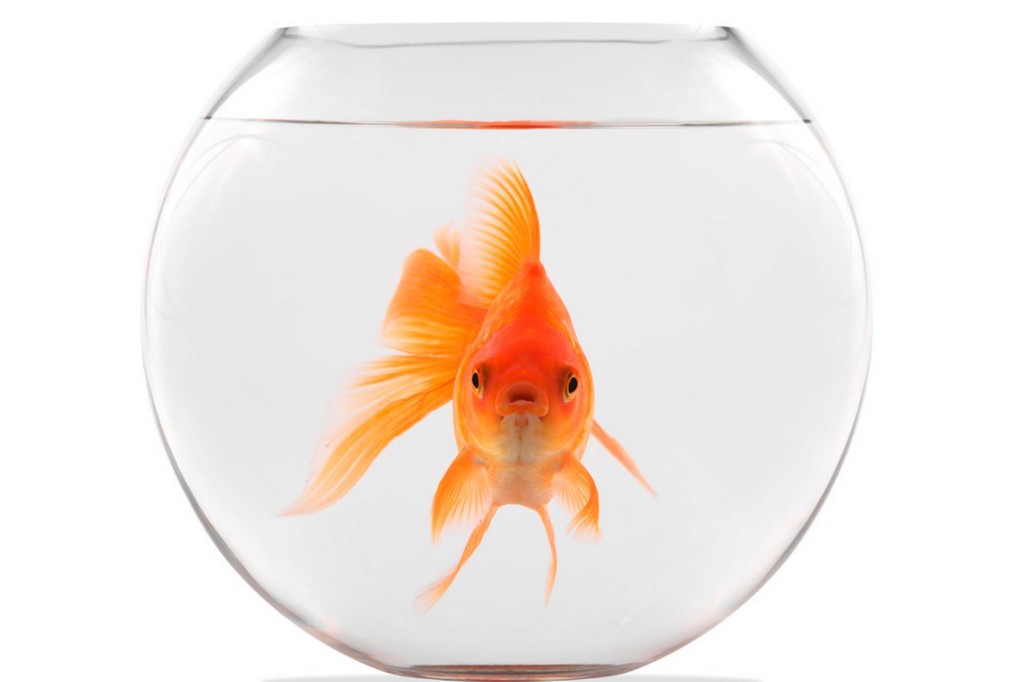We ask a lot of our readers here at Thelma. 500-700 words is a lot. A lot, a lot, a lot. We live in a world where six second vines, 10 item picture lists, and one-off articles that barely contain anything but sure as heck get clicked reign supreme. For that reason, I’d like to thank you, the reader, for using your eyes to transmit the information we create here into your head. It’s a big undertaking and we acknowledge the value of the 4-6 minutes you spend reading our pieces. Thx.
Attention spans are getting shorter. CollegeHumor recently published a three minute video (below) of a slow zoom on a man in a suit asking you to watch the entirety of what he has to say. He asks you not to skip ahead, not even to that mark in between 1/4 and 1/3 complete where videos tend to get good. He asks you not to click over to your Facebook feed while you listen to him talk. The video is painful to watch. Partly because it’s boring, but mostly because it so accurately calls out the new media generation’s (your) inability to pay attention to one piece of content for more than 7-8 seconds.
Browsing through Facebook, we’re hit with a million different bits of information from drastically different sources every second. A Kickstarter your cousin is sharing with her boss, a demographically targeted set of advertisements, an update from your favorite band’s latest tour, and an article about whether or not T-Swift and Diplo’s beef is truly squashed can all occupy the same real estate on your screen. The sheer variety of what is available to consume in a given instant is staggering.
This new brevity of focus has largely to do with how our brains function at a fundamental level. Each new piece of content, from each source, triggers chemical reactions to imbue happiness in a positive feedback loop from a now outdated evolutionary process. In the same way obesity has risen because our brains are programmed to eat fat and sugar-rich foods in excess, short attention spans are on the rise because of our brain’s preset need to learn as much about our environment as possible. However, our gray matter was not made ready for the pummeling from a world feeding you vibrantly new information with each passing breath.
How bad has it gotten? According to the New York Times, you aren’t even reading this article anymore (congrats if you are). Apparently, 17% of all page views on articles last less than four seconds when users realize that ain’t nobody got time for this. On average, users will read about 28% of the content on a given page of average article length (593 words). Perhaps worst of all is the fact that our attention spans are now apparently shorter than that of a goldfish. We’ve actually eclipsed the punchline of the world’s most famous ADD joke. The drop from 12 seconds to eight seconds over the last several years is closely correlated to the doubling of social media sharing and tripling of available digital content over that same period.
Personally, I’ve always had trouble paying attention to things, and not just online. I regularly request friends to repeat statements and stories because I’ve checked out to somewhere else inside my head mid-sentence. While this type of inattention is objectively bad, that may not be the case with modern, digitally-focused ADD. In the past two decades, the internet has unlocked worlds of new information. In the past two years, we’ve seen a revolution in our media publishers narrowing down the information we want and how to deliver it.
Is it so wrong to relish in a one click, one sentence article/image combo unveiling the latest Kimye drama? Are we bad people for being sucked into 15 minute Vine compilations where new videos start before you even realize the previous video sucked? Maybe, but we’re not going to change any time soon. That would take far too much attention.

